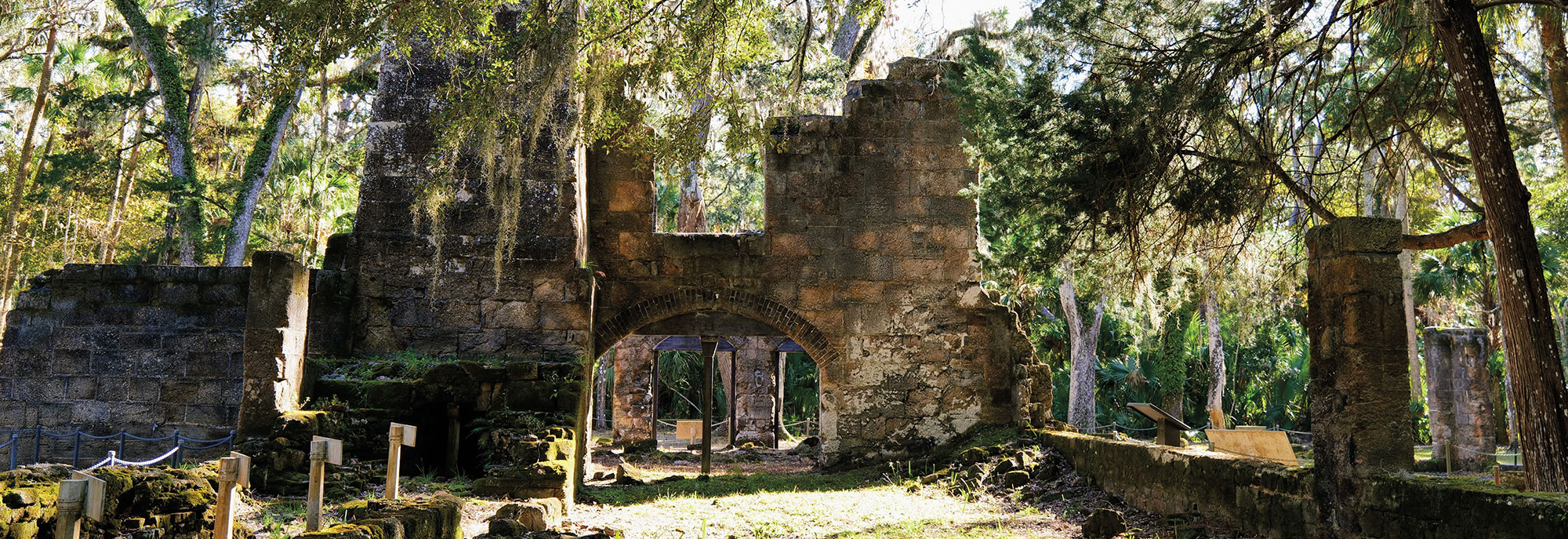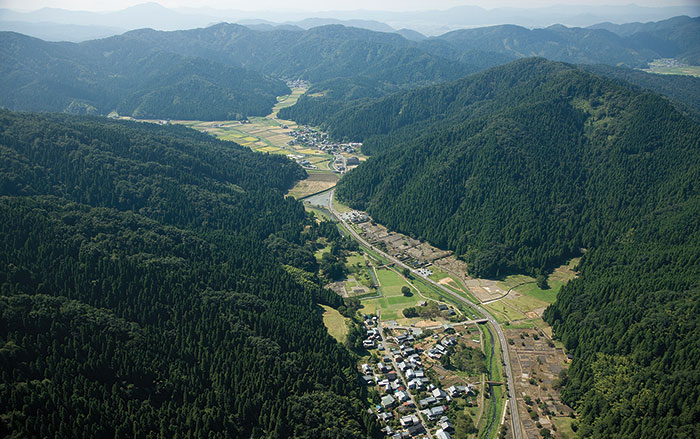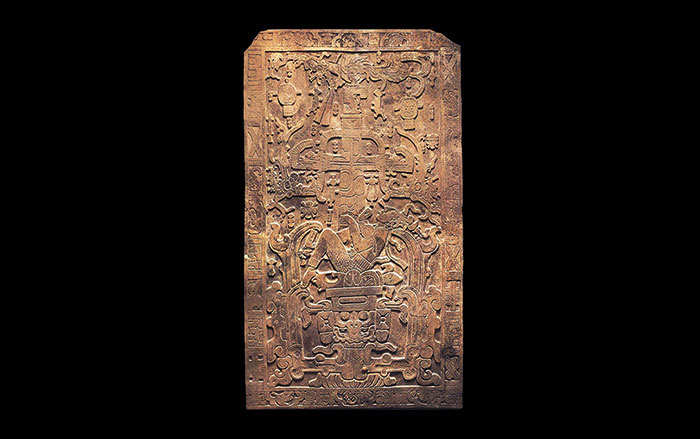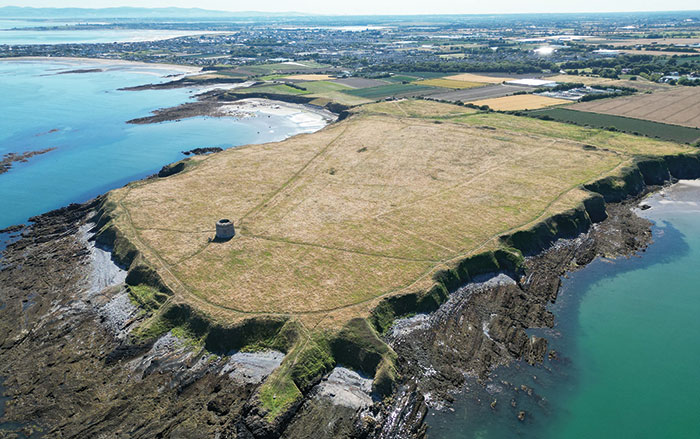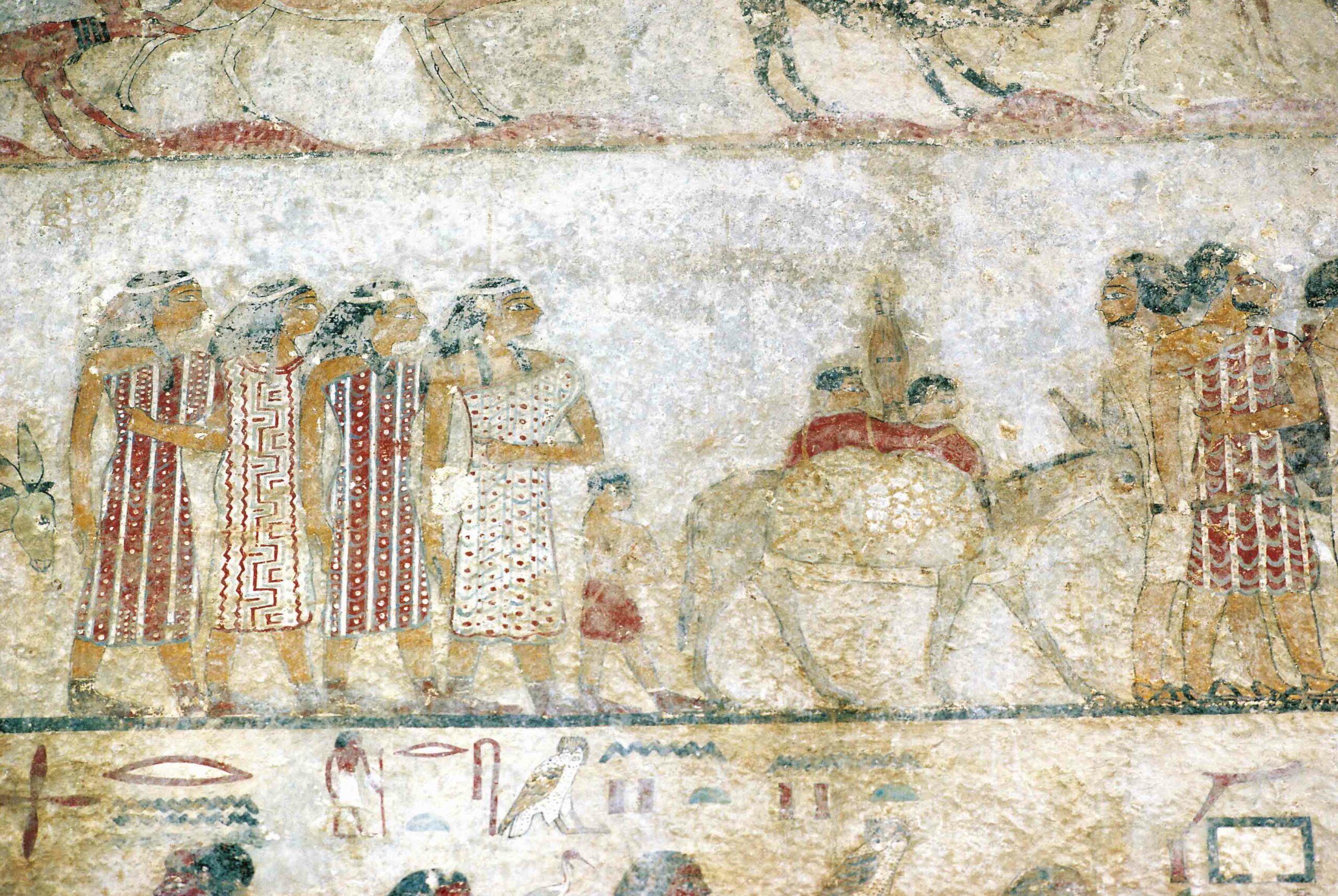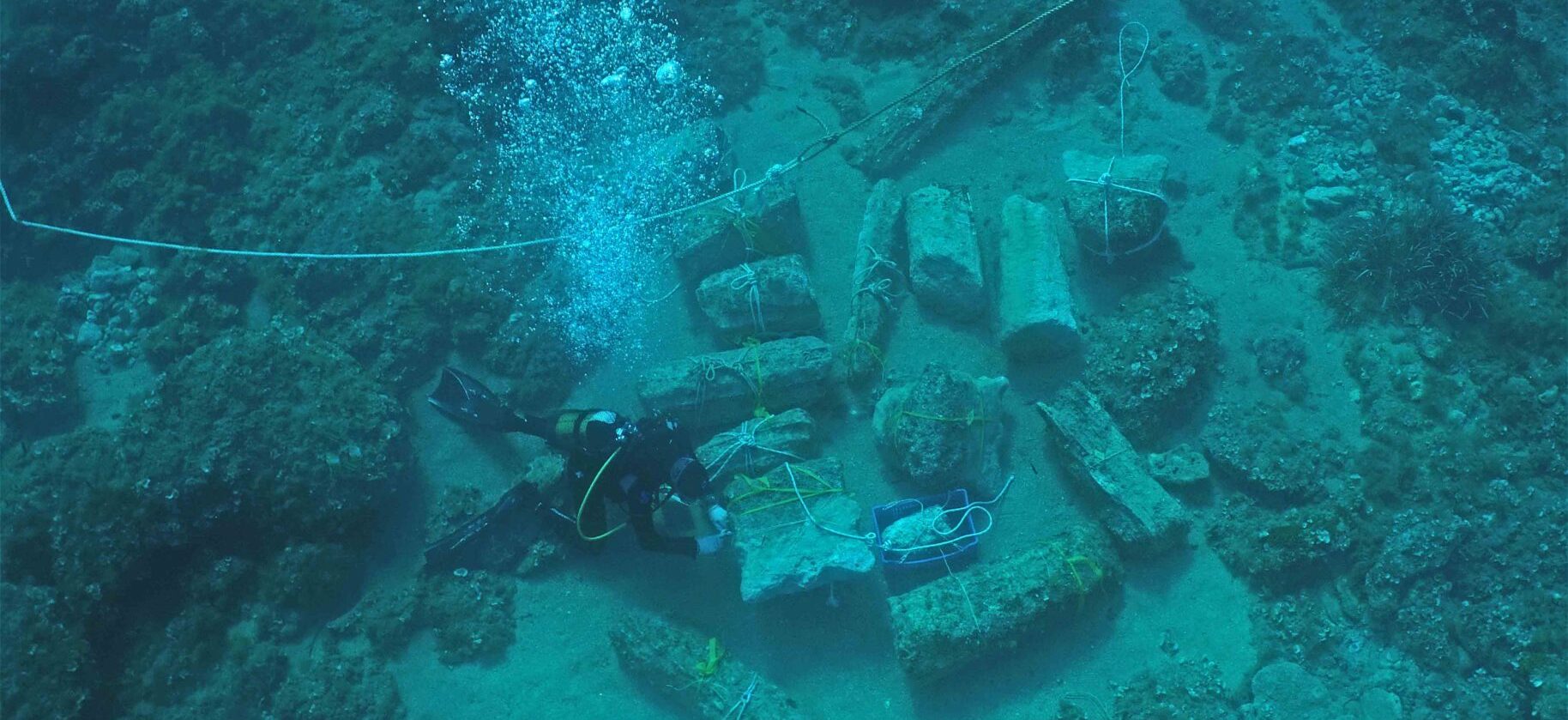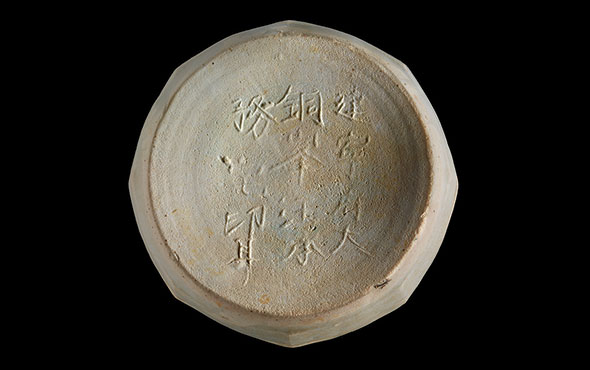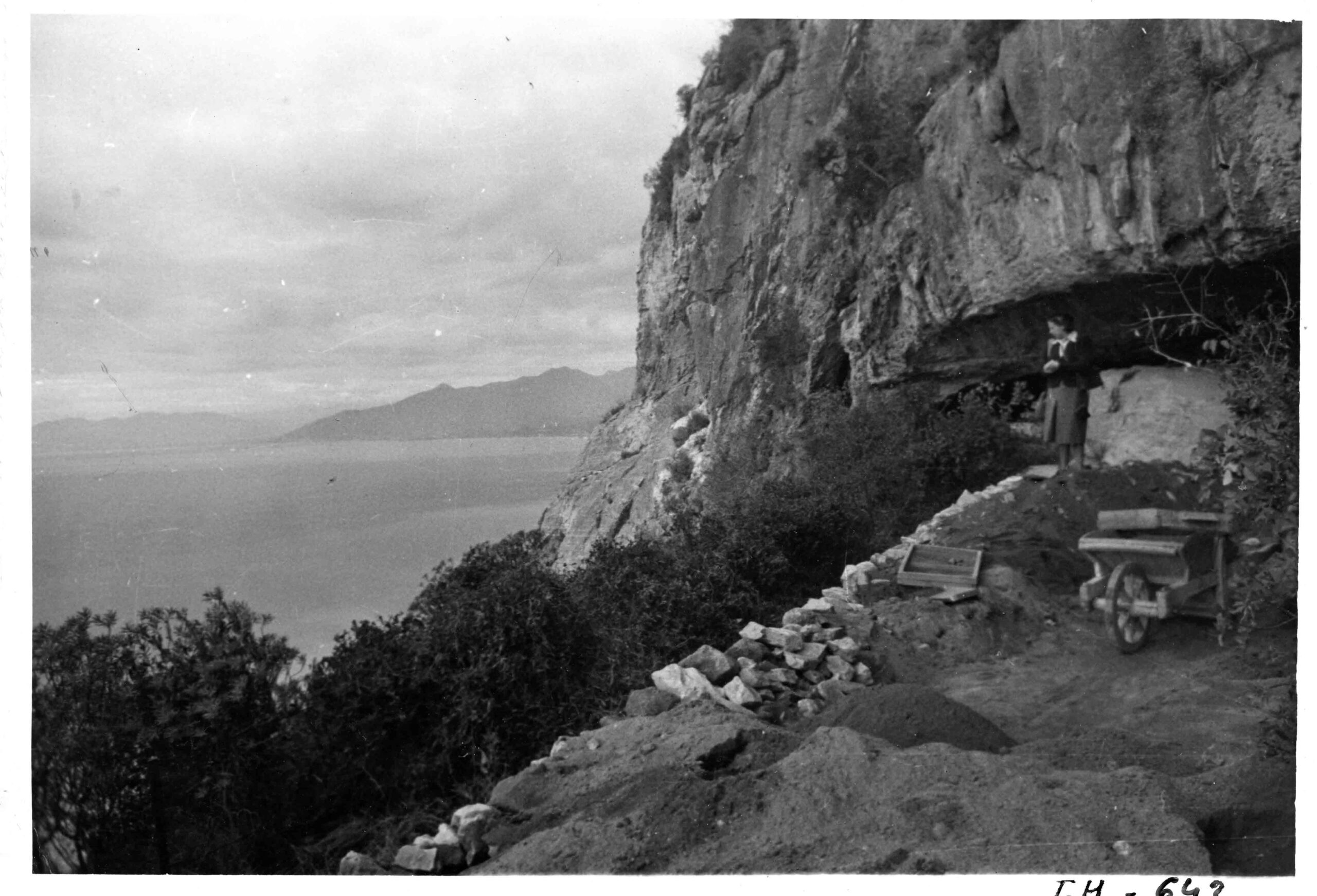
WETHERSFIELD, CONNECTICUT—WSHU Public Radio reports that a site occupied by English colonists in the 1630s and 1640s has been excavated in northern Connecticut. “This is the earliest archaeological evidence of the English in Connecticut,” said archaeologist Sarah Sportman. “And it’s about as early as it can be, because this is basically the founding of the Connecticut colony.” Among the items associated with the seventeenth-century English settlement uncovered by the team were ceramics, window pane fragments, wampum beads, English farthing coins, and brass and glass trade beads. The settlement, founded in 1634, was located near a Dutch fur trading post. Sportman said that the Dutch had a different strategy, however, and did not plan to stay in the New World, while the English did. For more on the archaeology of Colonial America, go to “Jamestown's VIPs.”


